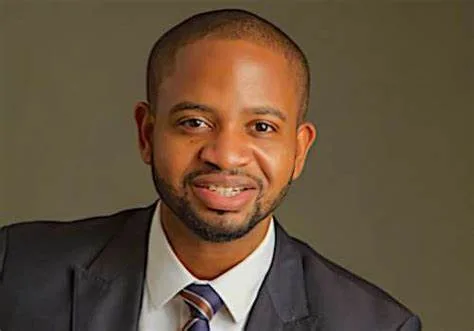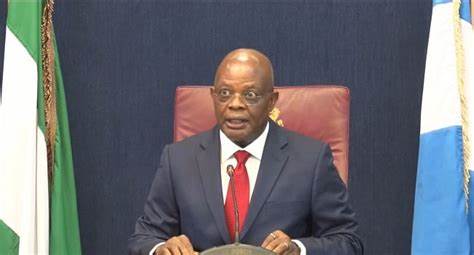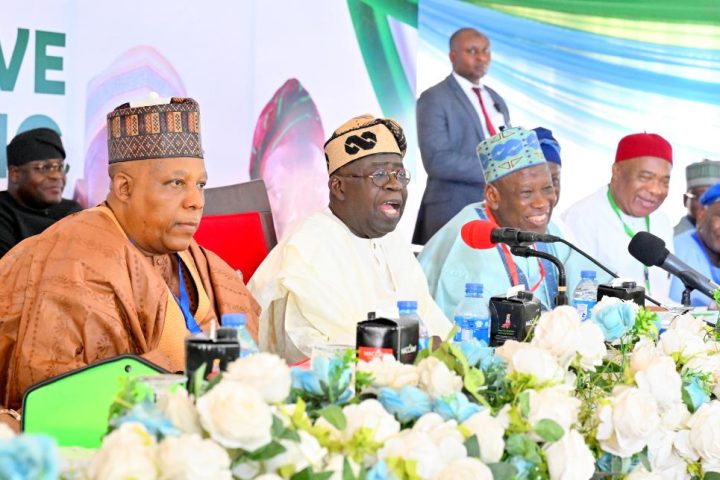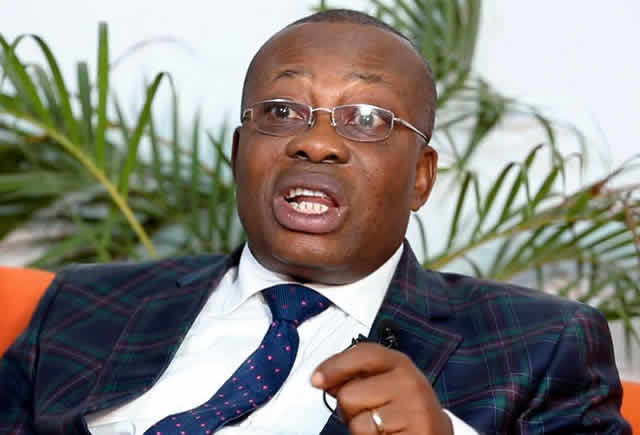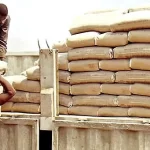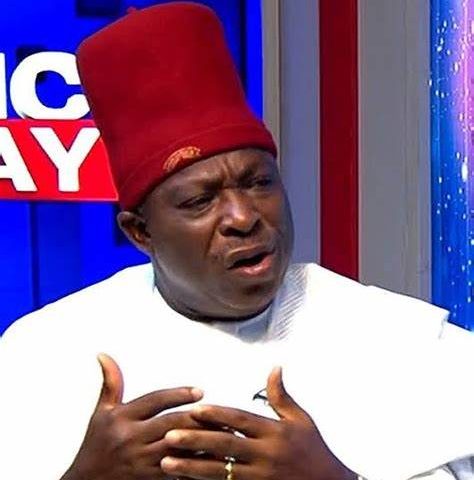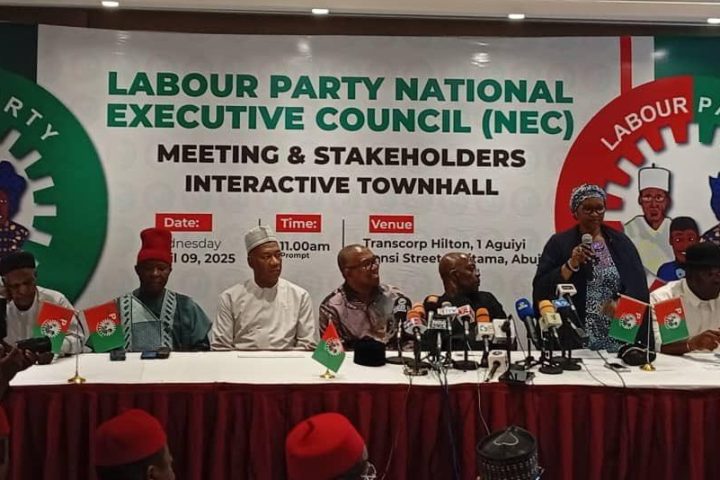South-East Development Commission (SEDC) has set an ambitious target of growing the South-east economy to $200 billion by 2035.
The Commission said this is in line with President Bola Tinubu Administration’s goal to increase Nigeria’s Gross Domestic Product (GDP) to $1 trillion by 2030.
Join our WhatsApp ChannelPrime Business Africa reports that the Commission’s Board members who were confirmed by the Senate recently, were officially inaugurated at a ceremony held in Abuja on Tuesday.
During his inaugural speech, Managing Director/CEO, South-East Development Commission (SEDC), Mr Mark Okoye praised the 10th National Assembly’s courage in approving the South East Development Commission Bill and also thanked President Bola Tinubu for the opportunity to serve the people.
Additionally, he commended the Senate Committee on Regional Commissions for their role in screening and confirmation of the board members.
In a statement released on Wednesday, by the Department of Corporate Services, of the SEDC, the Commission said Tinubu is the first Nigerian President to fulfill the promise of regional development, by establishing the South East Development Commission (SEDC) and other regional development commissions.
“This bold step not only honours long-standing aspirations but further underscores the Federal Government’s dedication to balanced development across all regions of Nigeria,” part of the statement read.
The statement said that with the Commission’s Board official inauguration, it will now start carrying out its task of rehabilitating vital infrastructure damaged during the Nigerian Civil War and tackling more general developmental issues in the area.
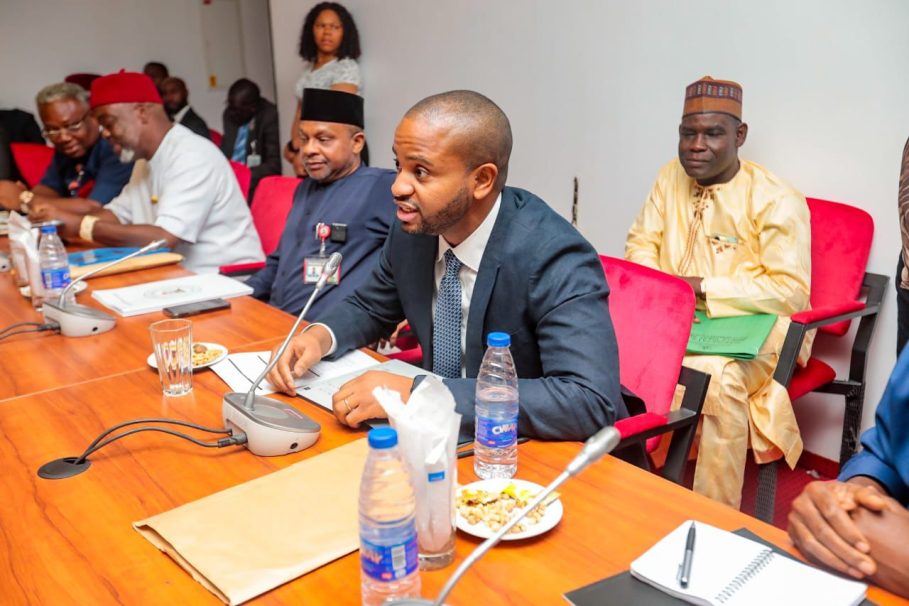
Highlighting the need for development across the country, Okoye while citing World Bank estimates that Nigeria requires an annual investment of between $100 billion and $150 billion to close her infrastructure gap, noted that at least $10 billion is needed to revamp the South East alone.
READ ALSO: We’ll Hold SEDC Leaders Responsible For Utilisation Of Funds On Development Projects – Umeh
Okoye highlighted some of the South-east’s challenges which include high unemployment rates, difficult investment climate and environmental issues such as erosion. He, however, expressed his determination to drive infrastructural development in the region.
The SEDC MD revealed that some of the immediate strategy to be adopted by the Commission will be to engage with state governments “to align initiatives with regional priorities and the Renewed Hope Agenda; the private sector to secure investments and create job opportunities.”
He added that the Commission would partner with academia and research institutions, traditional and religious leaders, and civil society organisations for a holistic engagement and inclusivity in driving development project across the region.
He further stated that the Commission will focus on “Security and investment climate, technology and innovation as well as agriculture and industrialisation among others.”
He added that SEDC will launch an interactive website to drive public engagement and identify critical areas of needs in various parts of the country.
While emphasising that the SEDC is an opportunity to transform South-east into an economic powerhouse, Okoye enjoined stakeholders from the region to join hands in making it happen.
Okoye, who is the CEO of Anambra State Investment Promotion and Protection Agency (ANSIPPA) and Former Commissioner for Economic Planning, Budget, and Development in the State, was appointed CEO of SEDC.
The Federal Government also appointed former Minister of Labour and Productivity, Dr Emeka Nworgu, as chairman of the SEDC Board.
Victor Ezeja is a passionate journalist with seven years of experience writing on economy, politics and energy. He holds a Master's degree in Mass Communication.

